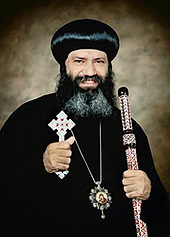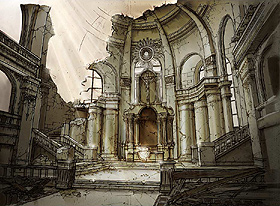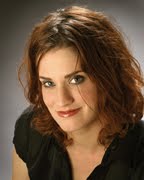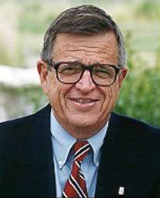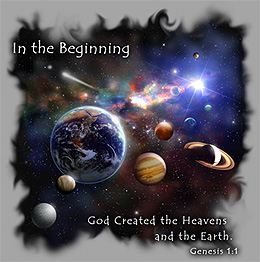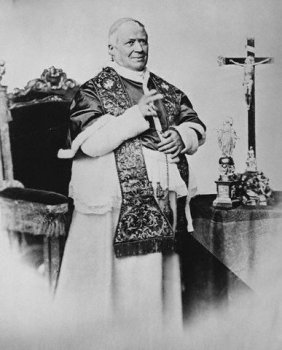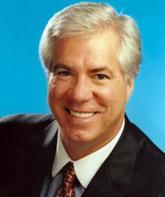
4/30/2010 – Ken Connor –
“Liberty cannot be established without morality, nor morality without faith.” Alexis de Tocqueville
In his treatise, The Christian Manifesto, published in 1981, Francis Schaeffer suggests that the gradual shift away from a Judeo-Christian (or at least a Creationist) worldview towards a materialistic view of reality has broad sociological and governmental implications for western society. His is an interesting thesis to ponder in light of a recent article in USA Today discussing religion and the Millennial Generation.
The article cites a recent survey conducted by Lifeway Christian Resources, which reveals that Millennials (defined as Americans born approximately between 1980 and 1995) are distancing themselves from traditional religious forms in favor of a personally-defined, nebulous kind of “spirituality.” These individuals are less likely to pray, they don’t read the Bible, and they don’t go to church. Among the 65% who identify themselves as Christian, “many are either mushy Christians or Christians in name only. . . . Most are just indifferent.” Theological indifference may seem like no big deal in an age where moral relativism and the cult of the individual reign, but it’s worth considering Schaeffer’s argument that – whether we realize it or not – our understanding of religion and its role in society has a direct impact on our politics. [Read more…]



